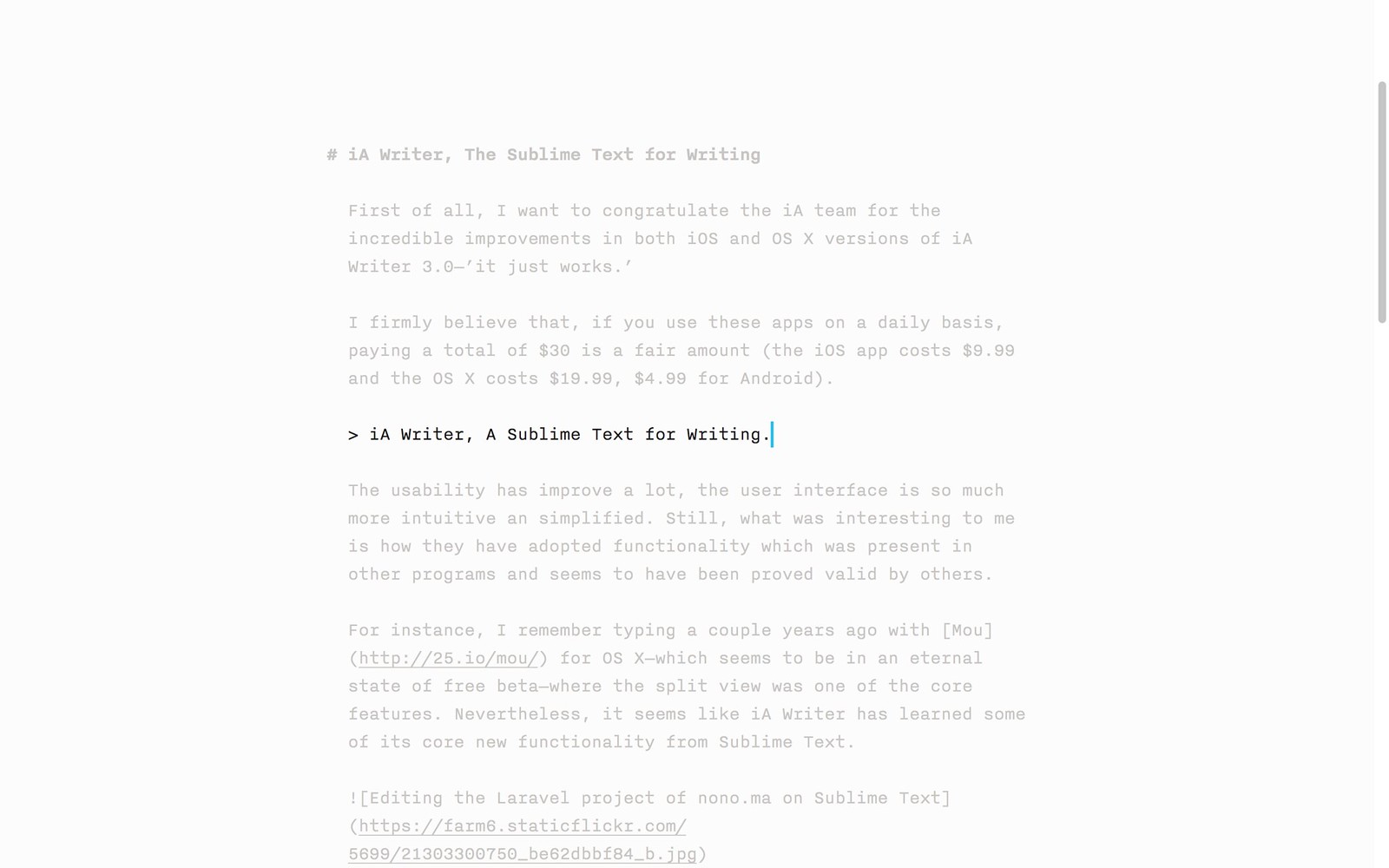
First of all, I want to congratulate the iA team for the incredible improvements in both iOS and OS X versions of iA Writer 3.0—’it just works.’
I firmly believe that, if you use these apps on a daily basis, paying a total of $30 is a fair amount. The app costs $9.99 for iOS, $19.99 for OS X, and $4.99 for Android.
iA Writer, A Sublime Text for Writing.
The usability has improve a lot. The user interface is so much more intuitive an has been simplified a lot. Still, what was interesting to me is how they have adopted functionality which was present in other programs and seems to have been proved valid after a wide use.
For instance, I remember typing a couple years ago with Mou for OS X—which currently seems to be in an eternal state of free beta—where the split view with a live preview was one of the core features. Nevertheless, it seems like iA Writer has learned some of its core new functionality from Sublime Text.
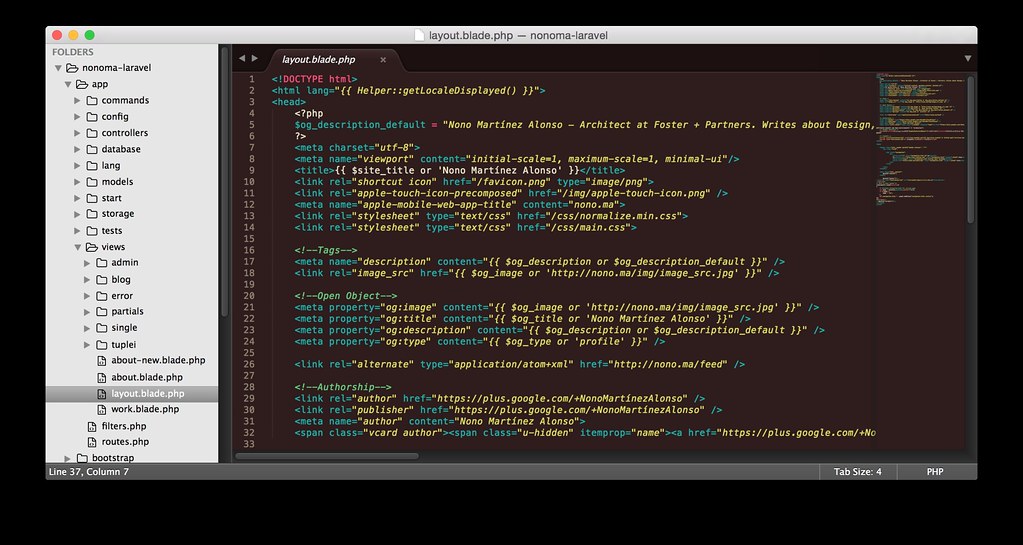
One of the key successes of iA Writer 3.0 is the Library and its integration with iCloud and Dropbox. It syncs really well, and it caches the path of all your Dropbox text files at once, so it is really fluid when browsing files—unlike previous versions where every touch on a folder would fetch its contents from the Dropbox API.
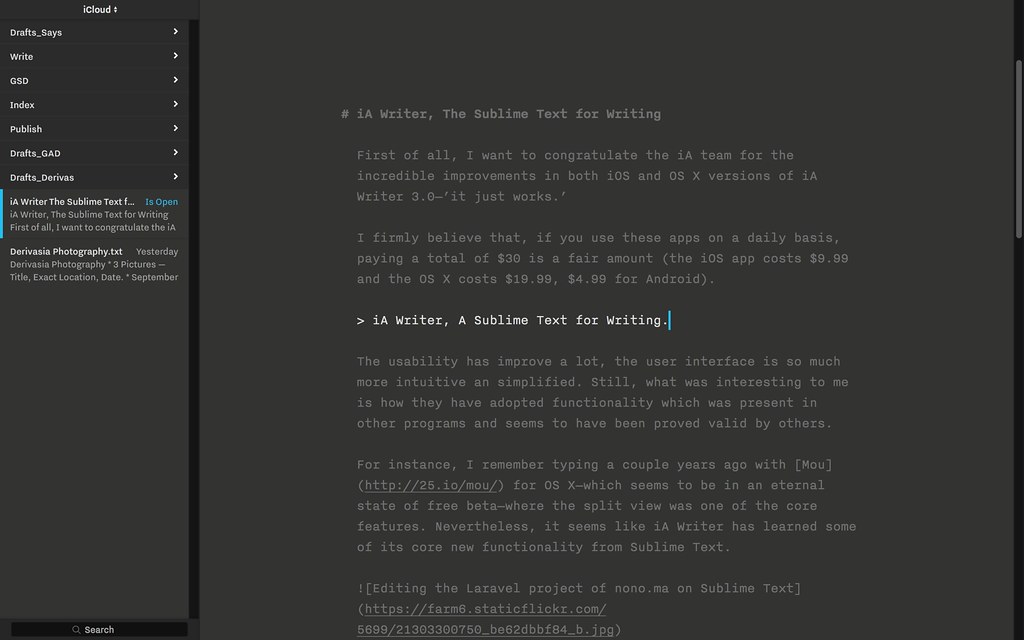
These feature was one the most comfortable ones inside Sublime Text, where you are allowed to open a whole project folder and navigate through it with ease.
As I said, Mou and other Markdown apps had a Preview function built in from the very beginning, but Writer always had this feature separate—its Preview would open a popup with the pre-visualization of your rendered Markdown.

From 3.0, Writer joins the split view game, starting at a really small size that—I adventure to say—mimics the way Sublime Text works. It allows you to easily navigate your writings. If the small scheme is not what you are looking for, you can always click and drag to resize the Preview window, even up to the point where the writing window disappears and the Preview covers the whole screen.
There are many other features which where already available inside iA Writer Pro, but have been polished in order to make the experience even better.
I am in no way related to iA Writer, and the only reason why I share it is because it makes my life so much easier every single day—and it may also make yours easier. It is simple, gorgeous, functional, and—most important—completely focuses on writing.
Everyday, many of us struggle to achieve our goals. Those goals may be simple things we thought of doing, important documents we have to submit, or things we want to try that end up never happening.
People often ask me: How do you find time to do that? or When do you work on that kind of stuff? I don’t have time.
The first thing that comes to mind is that I don’t have time usually means it wasn’t important enough.
Well, it is probably true. Not getting something done means that, after all, it was not as important as it seemed—or that it was not urgent—so you didn't do it. The thing is, that even when you consider something important and urgent, you need time get it done, time to get your hands dirty.
What works for me—and for many others—is to write down the things you really, really want to do on an actionable list and take your time seriously.
Decide what it is you want to focus on the next time you sit down to work. Make your projects a part of your life—no matter if your plan is to spend time exercising, writing, or learning Chinese. When you have a clear idea of what projects you want to focus on, you will know what to do when you have time for it. Then, ruthlessly ignore everything that does not contribute to move the ball forward to your goal.
After deciding what to do, you need to convert those things-to-do into actionable steps. For instance, instead of Learn Chinese, your to-do list should split the project of learning Chinese as: Search for a Chinese course; Sign up to a course that fits my schedule; Study Chinese; Do homework.
Notice how every task in your list starts with a verb, an action you need to perform to fulfill the task? It's important to follow this structure, so when you read the task in the future you can directly take an action to complete it. If you want more detail, see this post.
This to-do lists seem so silly for many people, who think that just by knowing what they want to do, they will. Wrong.
When you have a 30-minute break, or an unexpected free morning, or a whole day to do stuff, it is way too easy to waste your time doing nothing (you have to consider what wasting time means for yourself, as nobody else can do it for you). Some people may consider productive spending the afternoon watching movies or series, while others may rather write, paint, or exercise instead.
In these dead moments is when your list comes into play. Like a message in a bottle, you can message your future-self with a set of things you intended to do.
Maybe, you wanted to go for a run, or to write an article, or to email required documentation to your real state agent, or to spend more time with your family. The thing is, you don’t have to think on what to do, you can just choose among a set of things that, apparently, you want to do, and are written down in your list.
One day, you will embark an 8-hour flight back home. Your to-do list will remind you of one thing: an article you wanted to write, a document you wanted to read, or some other thing you are curious about. You will get hands on it and, maybe, will get out of the plane with one more thing done.
—
This essay is part of the book I am writing on how to organize your life in order to create more and better. If you want to receive new parts of the book as I write them, please join here, and check other posts that will be on the book.
Is it when we get old that we gain experience?
Is the act of doing the only way to forge it?
Do you need to be employed by someone to acquire skill and knowledge?
Experience. noun. the knowledge or skill acquired by experience over a period of time, especially that gained in a particular profession by someone at work.
Experience is obtained by doing. It may be doing stuff at work or doing stuff at home. Doing work for your boss or doing work for yourself. It is all experience. The more you practice an activity, the more experience you get.
By being constant and consistent; by learning from other people's stories; by getting feedback on your work and finding ways to implement it in the future. That is how we obtain knowledge and skill. That is how we gain experience.
You cannot create experience. You must undergo it. — Albert Camus
Picture a person who wants to get really good at public speaking. The only way she can get better at it is by doing that activity. By speaking—a lot—in front of people. By interiorizing techniques and reading what professional public speakers do will probably help her be more confident and feel the situation is under control. It may provide knowledge, but it won’t provide skill. The key part is the act of speaking in front of an audience: Practicing.
I believe in experience as the result of combining both hard work and consistent efforts over a period of time; becoming better at something by doing, and by constantly learning from yourself and from others. This doesn’t necessarily imply you won’t learn anything by reading other people’s experiences, but, surely, it won’t get the job done.
Experience can be accelerated. Different people may reach different grades of experience, depending on how good they are at something, and how much time they put on it. Experience can be accelerated by forcing ourselves to do more.
You don’t need experience. Experience can sometimes get you in the door, but what really matters is where you are now and where you’re going next. The past belongs on a resumé. — Chris Guillebeau
In an ever-changing world, the task of finding a job to get real-world experience can be challenging. As Chris Guillebeau questions on The Art of Non-Conformity, experience may not be that important after all—as nobody knows what they are doing.
The exciting part is, we have today the opportunity to acquire knowledge and skill in almost any field on our own. Take your laptop. Take an online course on iOS programming. Make an app. If you learn from an online or offline resource on your own, build something, and ship it, that is real-world experience.
This is, I believe, why many young entrepreneurs have succeeded early in life—and you can do too—working under their own terms. By practicing, reading, learning, executing, and shipping, they have imbued themselves into real experience.
—
This essay is part of the book I am writing on how to organize your life in order to create more and better. If you want to receive new parts of the book as I write them, please join here, and check other posts that will be on the book.
As we continue adopting new digital services and embracing new technologies, our [digital] lives gain more and more complexity. Everything we use gathers data, stores the content produced with it, and, in many cases, learns from the way we behave.
Information, content, reports, and other kind of media conforms a big compound of data, which is often difficult to manage.
How are we expected to handle this situation? How are we supposed to properly manage systems that were not even invented when we were educated? And even worse, how is people expected to teach us about things they have never used? I firmly believe that this will affect our generation, too. We feel like we have the situation under control; just give it a few years until new services, new technologies, and new things are released.
Digital tidiness should be a subject at school. Everyone needs to be able to correctly manage digital clutter.
But there are surely ways to work that may ease the pain. Defined workflows can be implemented in our use of digital systems. The same way we use workflows in our daily tasks outside the digital realm to tackle everyday problems, we can use them in the digital world.
The process you follow when you bring new things into your room: arranging your belongings and your clothes; trashing out old stuff you no longer need, is, for instance, a workflow implemented in your life.
With the same ease digital services allow us to store and manage our data, they become a mess of unmanageable things.
Digital tidiness should be a subject at school. Everyone needs to be able to correctly manage digital clutter, as everyone needs to know how to arrange their clothes, to keep physical documents in place, or to find their belongings when needed.
Every once in a while, I find myself arranging clothes or belongings and giving away things I do not want anymore—archiving and deleting, basically. At times, stuff is just too much to be handled, or there is no time to invest on the task.
The amount of data produced should be limited according to how much can be processed and stored.
The same problem exists in electronic devices and digital storage system. When we produce more content than we process, we are leaving behind a lot of things that would have to be done in the future. For that reason, apart from organizing all our data, we need to be conscious of how much stuff we can handle. The amount of data produced should be limited according to how much can be processed and stored.
One concrete example is taking digital pictures. Thanks to flash-memory-powered DSLR cameras, giga-sized internal capacities of our portable devices, and on-the-go cloud storage services, pictures and videos can be taken daily with no limits. The problem is, these instant task will later take an enormous quantity of digital space and an immeasurable amount of time to process and organize.
Workflows can help reducing the processing and organization time, but awareness of how much is produced is equally or even more important than post-processing. Do you really need to take that picture? Maybe not.
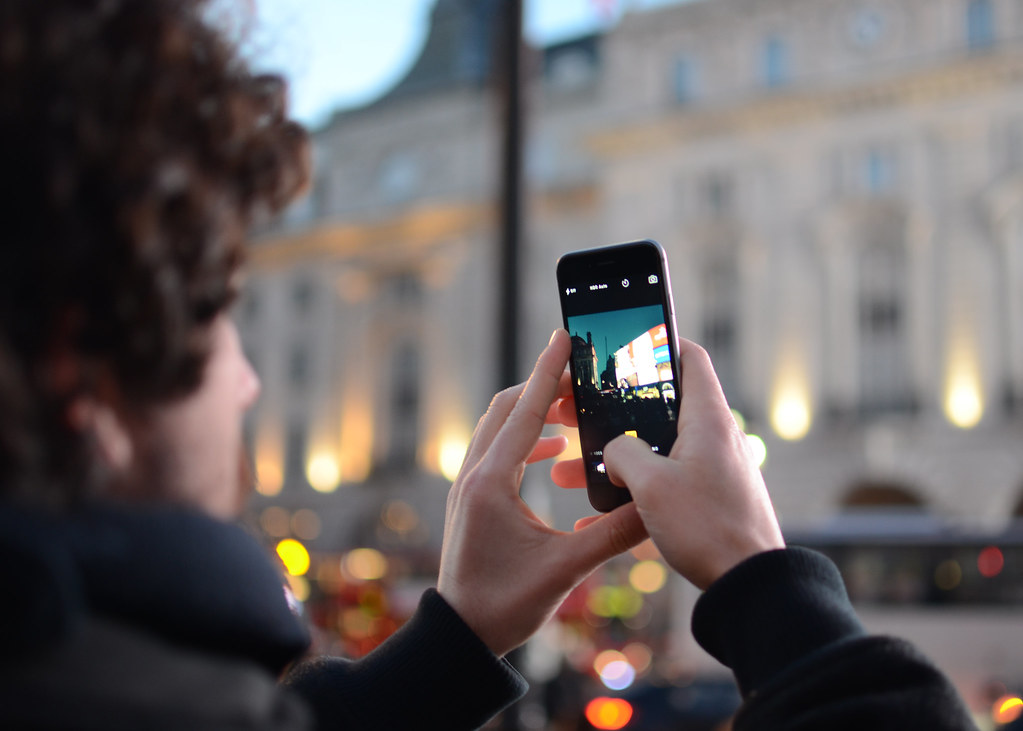
Among Internet users, I believe there are three major user categories, according to how worried or aware they are of the ways their information can be tracked online.
I am not interested in explaining how could you benefit by protecting yourself of being tracked online, but in listing the ways we can be, and probably already are, being tracked on the things we do when connected to the Internet.
When they say its free, it means you are the product — Quentin Hardy.
Being tracked does not imply anyone is looking at you, it just means you are part of the big data compound formed by Internet companies. Free services aren't more than companies being wise enough to make money using the private date you trade in order to use them.
What comes next is a list of several online services, grouped by the kind of data they usually track from their users, and that you agree on giving them from the moment you sign up.
Last.fm tracks you listen to. Spotify as well, it can see what you are searching for, trends, what people are looking for. At least, Last.fm allows you to scrobble what you are listening just if you want to.
iCloud, Dropbox, Google Drive. Here is where you keep your documents, what you use or store; work documents, personal documents, designs, pictures, music, videos, and so on.
Toggl. Lets you track what you work on, but as in the case of Last.fm scrobbling, your input is completely optional.
Amazon, eBay. They keep track of everything you search for, buy, or you open — they seek this information in order to display ads of what you are looking for and did not buy yet, so you buy it from them — customized recommendations, Minority Report style.
YouTube, Vimeo. When you stream video or music from these channels, your history may also be stored and associated to your account (this is a feature you can deactivate in your Google account, but is activated by default).
## 5. What You Did
Facebook, Google+. Like it or not, other people also knows information about you. If your social network profile settings allow it, other people will be able to add pictures of you, tag you on them, and make them appear in your personal profile — telling a story of what you have been up to.
Google, Bing, Yahoo (well, almost no one uses the last two anymore). They track what you type, what you are searching for, and what you are thinking on searching for. They even track what websites you are going to visit if you mistype the URL in the browser (i.e. typing "youtube,com" will search it on Google instead of going to YouTube.com).
Right, and that isn't all, your whole search history is stored in a huge archive, arranged by dates, and associated to your Google account — in case you were logged into your Google account when searching. You can check your full archive here.
Gmail, WhatsApp, Facebook, Skype, Hangout, LinkedIn. They track what you are talking about, what you tell your closest friends, and your most professional relationships online.
A funny fact, you can delete all of your conversations from any service, but if the person who sent or received the message keeps it in her account, the service is legally free to keep your message for as long as the other person keeps it online — in many cases, forever.
Tell us what your are thinking, but please be concise — just 140 characters.
Twitter, Ello, App.net. Short messages that leave a trace of what you were thinking, reading, doing. Usually, the content is publicly visible, and in some cases you can opt to make it private.
Android and iOS accounts (iCloud, Google account). They keep track of your Contacts, Calendar, Reminders, Notes. Everything you do, everything you plan to do, and everything you write down, just associated to your credit card, your name, and your location (in case you choose to have this service on).
Google Maps, Locate Your iPhone, Facebook, Twitter, Reminders. These are only some of the services that — if you grant them access — will provide some extra functionality in exchange of knowing where you are.
Also, many of them keep information of the location your account accesses from. Gmail can basically build a timeline of where you have been over the last years.
Biometric technology — like face recognition — is evolving faster than ever before. Even though Facebook did remove the tagging feature through face recognition back in 2012, due to European law infringement, the technology is a bit scary — I believe that Picassa did also remove this feature for the same reason. London police was holding an amount of over 18 million mugshots, which does not seem to work that well for criminal recognitions. But that is CCTV. What is actually crazy is that, in social media, we are the ones tagging ourselves and building Facebook's database. So, no matter if pictures were uploaded by you or by your friends, Facebook may already know who you are.
—
I am surely leaving aside a lot of other ways we are daily being tracked, and there will be more appearing in the next years. But the important part is that, as users, we have the responsibility to be aware of the trade of private data needed in order to use a given service.
Cover picture taken by Sonia Pino.

Music is great. I love music. Music helps to unplug from everything else, setting us up in a good mood. At the same time, it lets us focus totally in something we need to do, ignoring what is around us. Music plays as the soundtrack of our lives.
On the other side, are podcasts. They have their own content, which usually needs a bit of attention. In moments when the activity we have to perform does not involve a lot of thinking or concentration, podcasts are the way to expand your frontiers, acquire knowledge or just be entertained.
Language courses, coding classes, news, technology courses, traveling guides, anything. In the iTunes Store there is an incredible amount of podcasts offered, for free. Audible books or iTunes University work as well.
I am recommending you to consume Podcasts. I do while I run, while I walk from one place to another, or when I travel. I am tired of the same music over and over.
Personally, I have listened to numerous podcasts –from mobile coding, to news, web design or marketing– and they have been pretty useful. In fact, I still do every week.
Podcasts give us a chance to better use the time in which we can’t be productive. Imagine you are on the street and you have to walk for thirty minutes. Surely, you can’t read a book and walk at the same time, but you can listen to an audiobook or a 20-minute podcast. It is a way to take advantage of your time.
The hard part is, probably, finding something that makes you itch in the vast amount of podcasts that exist, but you should try. Improve your English, learn stuff or listen to whatever calls your attention. Leave music for later.
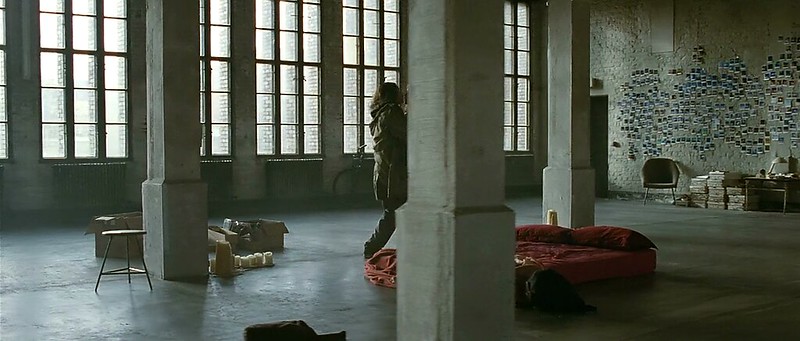
Here is my first #sundaypost to join the Help Me Write project. It reflects my thoughts on why and how to deal with physical clutter. The title was inspired by Marshall Haas on Sell Everything — Medium:
"Each time I returned from a long trip, I would realize how little I actually needed."
"Your home is like a giant inbox that’s been filled with too many material possessions over the years. It’s time to ruthlessly archive and delete."
Over the last two years, I have been going back and forth from my hometown to different destinations as an exchange student. Last year I was in Raleigh –North Carolina– and currently I am typing from Sydney –Australia.
I have experienced something similar to what Marshall Haas describes on his article. When temporarily moving somewhere –in my case two years– other than your home, you pack what you actually need and leave.
The same process happens when returning home. Lots of things are left behind because they are not important and –if needed in the future– could be easily replaced.
When you get back home, you realize how much stuff you own which you forgot you even had. You don't need those things for a remarkable life.
The sole fact of having storage to keep stuff makes us not even wonder if we should get rid of all of it.
Analyze what you have. Think if you will ever use it. Is the answer no? Give it to someone. Sell it on eBay. Trash it.
Living with less makes you appreciate more what you have. When you let stuff go, you keep what really matters to you. You keep the stuff that defines you.
If you are still reading this, you may appreciate some tips that help me uncluttering my physical space and getting rid of stuff:
Take Everything Out of its storage. Think well about which of those things you will ever use again and put them back in. If you have been honest with yourself, everything left outside is good to go.
Picture Perfect. If you have sentimental clutter 'An image of an object can be as powerful as the object itself.' – Erin Doland in 'Unclutter Your Life In One Week.' Take a picture of those things that have a lot of meaning but you know they are useless. Having them in digital format can be even better.
Go Away. Test Yourself. The best way to know what you really need to keep is going away for a while. Move from where you usually live with the minimum number of things needed for living and working.
This same process can be used for digital clutter. Your folders. The files in your Desktop. The apps in your phone. Your bookmarks. Well, you get the idea. Force yourself to only have what defines you, what you actually use. Less choice means less clutter.
I would like to thank Stef and Esusatyo for encouraging me to write this post as part of the Help Me Write project. And to thank Rory Avis Foster for reviewing my first draft.
References | Sell Everything — Medium